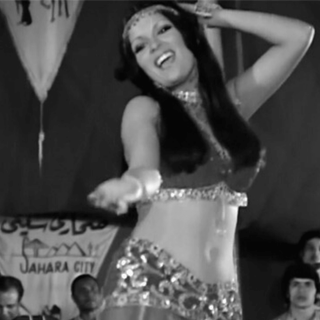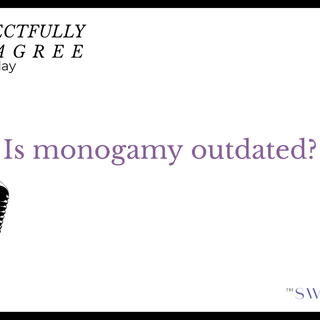Pronouns have always been considered a ‘closed class’ in the English language — an unchanging group of words with universally understood meanings — until the onset of the 2010s. Greater coverage of LGBTQIA+ issues and rights violations in the last decade has raised more awareness regarding the ‘they’ pronoun’s minuscule, yet important, value in the lives of those who live outside of the male-female gender binary.
We’re all aware of the main pronouns used to refer to people: ‘he,’ ‘she,’ ‘you,’ and ‘they,’ to either refer to a group of people or a person whose gender is unknown to us. The ‘they’ here has been in use forever, even accepted by the Associated Press in 2017 as an option “when alternative wording is overly awkward or clumsy.”
Recently, the American Dialect Society — “dedicated to the study of the English language in North America, and of other languages, or dialects of other languages, influencing it or influenced by it” — declared the 2010s the decade of the pronoun; they also declared the singular ‘they’ as the word of the year in 2019, and of the decade.
The singular ‘they,’ however, sometimes preferred by people who identify as having a gender out of the male-female gender binary, has garnered quite a controversy this decade: critics have called people’s sensitivity toward pronouns another unnecessary way liberals have decided to police people’s speech; allies, on the other hand, have maintained pronouns are an important aspect of a queer person asserting their gender, and misgendering them by categorizing them into a male or female box is disrespectful and possibly upsetting.
Related on The Swaddle:
The Sexism in Your Favorite Algorithms
While queerphobic people fight to preserve their convenience and habit, and queer allies attempt to create space for non-binary experiences, linguists have been observing the evolution of language spearheaded by the use of unconventional pronouns. For example, the decade also witnessed the creation of new pronouns that took off — other gender-neutral pronouns that include zie/zim, ey/em, and tey/ter. “When there are changes, it can feel much more fundamental,” linguist Ben Zimmer tells TIME, “and that obviously leads to a lot of backlash.”
“If people have trouble now, it’s understandable,” Zimmer tells TIME, “because when we’re dealing with something as fundamental as a pronoun, changes like this might seem to go against people’s deeply held feelings about how language works.”
But the English language is always evolving, and linguists celebrating an aspect of the evolution of language dedicated to queer experiences, however minute it may seem, signals that an assertion of queer rights can shake up even the most entrenched institutions of our society, including language.




